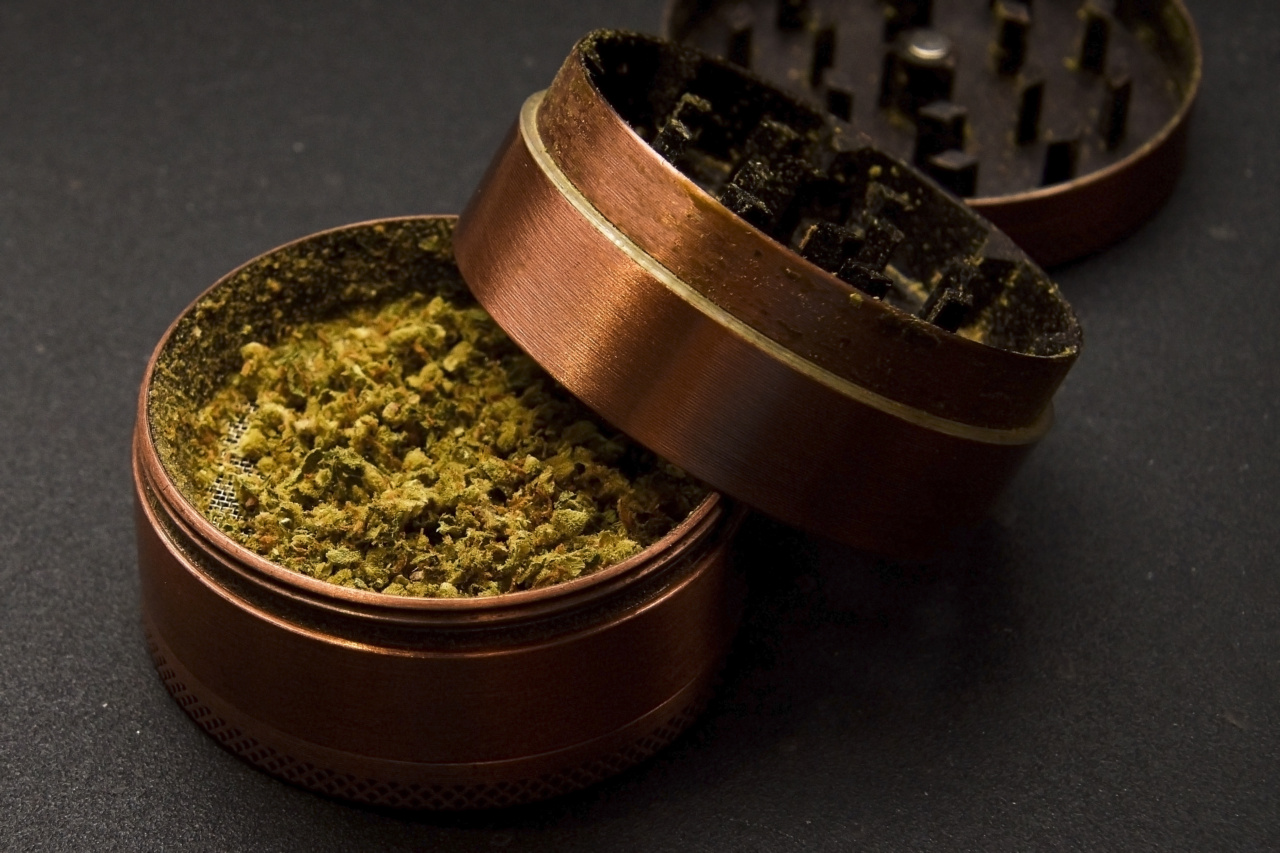Tea, a popular beverage consumed by millions worldwide, is known for its various health benefits.
It is often touted for its antioxidant properties, ability to boost metabolism, and potential to reduce the risk of heart disease and certain types of cancer. However, like any other addictive substance, excessive consumption of tea can have detrimental effects on our health. In particular, prolonged tea addiction can result in significant harm to our kidneys.
The Role of Kidneys in Our Body
Before delving into the adverse effects of tea addiction on our kidneys, it is crucial to understand the vital role kidneys play in our body. The kidneys are bean-shaped organs located on either side of the spine, just below the rib cage.
They act as an intricate filtration system, removing waste products, excess fluid, and toxins from our blood, which then get eliminated through urine.
The kidneys also have other functions, such as maintaining the body’s fluid balance, regulating blood pressure, producing red blood cells, and promoting strong and healthy bones.
They play a crucial role in maintaining overall health and well-being.
The Link Between Tea Addiction and Kidney Damage
Tea, especially green and black tea, contains high levels of oxalates and caffeine.
While oxalates are naturally occurring compounds found in many plant-based foods, excessive consumption of oxalate-rich foods and beverages can lead to the formation of kidney stones.
Kidney stones are solid deposits that form in the kidneys when there is an excess of certain substances, such as oxalate, calcium, and uric acid.
When the concentration of these substances surpasses the kidney’s ability to dilute them, they can crystallize, resulting in the formation of stones. These stones can range in size from a grain of sand to a larger mass, causing immense pain and discomfort when passed through the urinary tract.
Furthermore, caffeine, a well-known stimulant found in tea, can have a diuretic effect, leading to increased urine production.
While occasional diuresis is harmless, excessive and prolonged diuresis can strain the kidneys and disrupt their normal functioning.
In addition to kidney stones, excessive tea consumption has also been associated with an increased risk of developing chronic kidney disease (CKD). CKD is a condition characterized by the gradual loss of kidney function over time.
Long-term tea addiction can contribute to the development and progression of CKD through various mechanisms, including increased oxidative stress, inflammation, and the deposition of certain compounds in the kidneys.
Signs and Symptoms of Kidney Damage
Recognizing the signs and symptoms of kidney damage early on is crucial in preventing further deterioration of kidney function. Some common signs of kidney damage include:.
1. Changes in urinary frequency or consistency
2. Blood in the urine
3. Puffiness or swelling in the face, hands, or feet
4. Fatigue or weakness
5. Persistent nausea or vomiting
6. Difficulty concentrating
7. Decreased appetite
8.
Unexplained weight loss
9. Muscle cramps
10. Itching or dry skin
.
If you experience any of these symptoms, it is essential to seek medical attention promptly to evaluate your kidney function and determine the cause of these symptoms.
Preventive Measures
Prevention is always better than cure, and in the case of tea addiction and its potential harm to our kidneys, taking preventive measures is vital. Here are some steps you can take to protect your kidneys:.
1. Limit tea consumption: Moderation is key. Reduce your daily tea intake to a reasonable amount, preferably under 3-4 cups per day.
2. Stay hydrated: Drink plenty of water alongside tea to ensure proper hydration. Water helps in diluting the concentration of substances that can potentially form kidney stones.
3. Balance your diet: Include a variety of foods in your diet that promote kidney health, such as fruits, vegetables, whole grains, and lean proteins. Avoid excessive consumption of oxalate-rich foods, such as spinach, rhubarb, nuts, and tea.
4. Monitor your blood pressure: High blood pressure can contribute to kidney damage. Regularly check your blood pressure and take necessary steps to keep it within a healthy range.
5. Maintain a healthy weight: Obesity and overweight can increase the risk of kidney problems. Aim for a healthy weight by following a balanced diet and engaging in regular physical activity.
6. Avoid excessive use of pain medications: Overuse of certain pain medications, such as non-steroidal anti-inflammatory drugs (NSAIDs), can harm the kidneys. Consult your healthcare provider for appropriate pain management strategies.
7. Get regular check-ups: Regular medical check-ups can help identify any potential kidney problems early on. It allows for prompt intervention and appropriate treatment.
The Importance of Seeking Medical Advice
If you suspect that your tea addiction has already caused kidney damage or if you experience any signs or symptoms of kidney problems, it is essential to seek medical advice.
A healthcare professional can evaluate your kidney function through various diagnostic tests, such as blood and urine tests, and offer personalized guidance and treatment options.
Remember, early detection and management of kidney problems can significantly improve the prognosis and prevent further complications.































